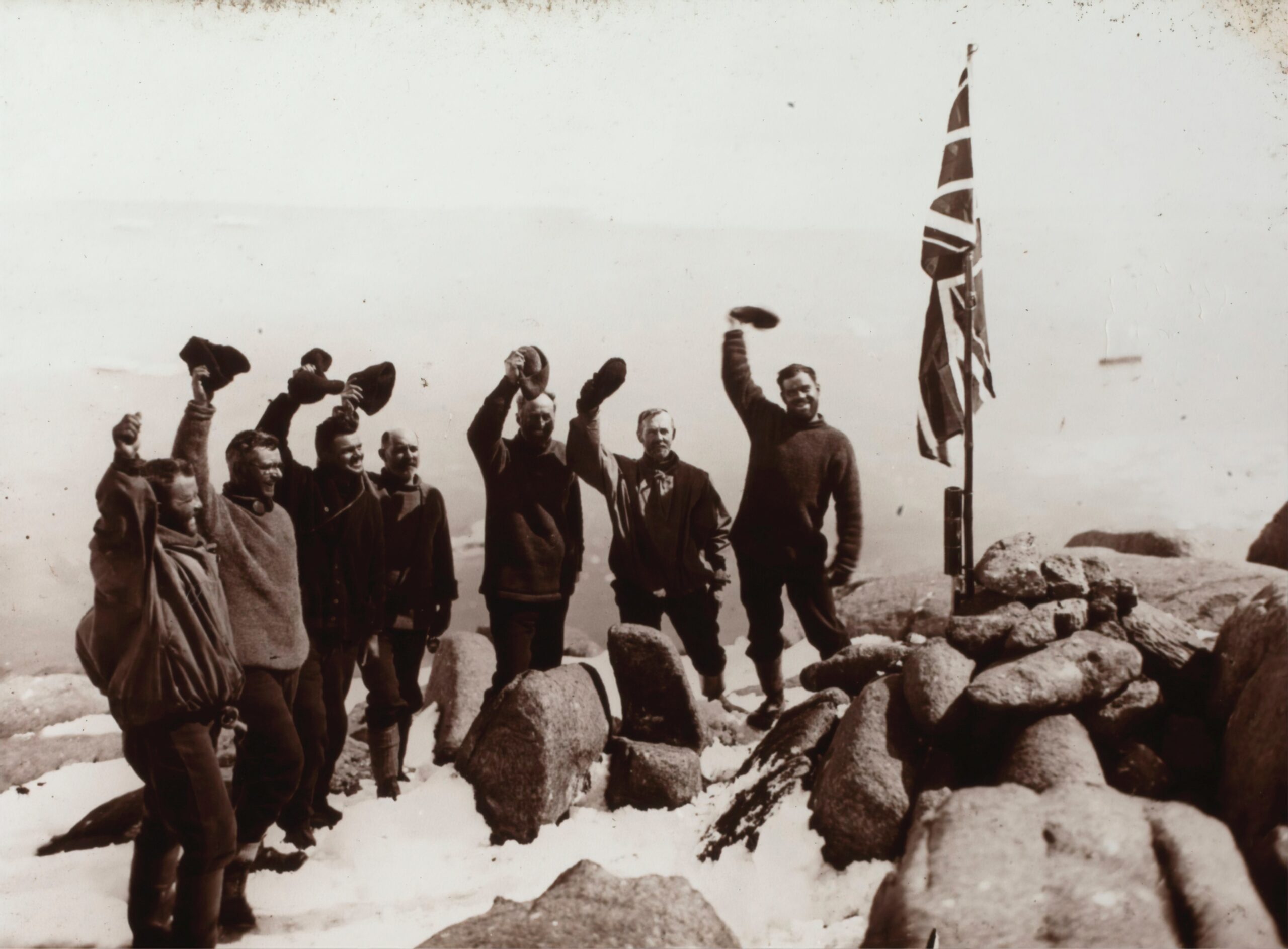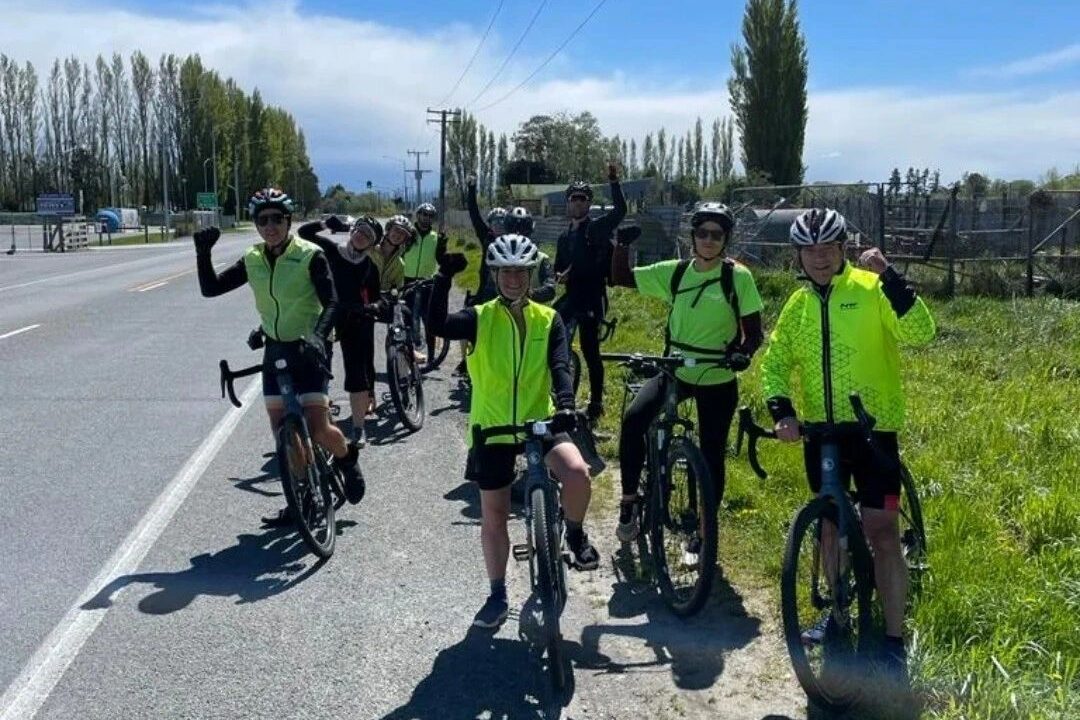
Why we developed The Explorers Mindset Leadership Programme
What is an Explorer? We think it’s someone who is curious and pushes boundaries, has an appetite for growth, reveals new insights, and challenges themselves and others to move beyond comfort zones to learn and grow.
Explorers make things happen; they embrace vulnerability to go to new places.
We decided to crete a leadership development excercise that tapped into the essence of exploration.
Along with the Antarctic Heritage Trust, we developed a hypothesis; that the leadership lessons from the early Antarctic Explorers were not only interesting and remarkable for their times, but they had relevance to the leadership challenges we face today.
The People and Expeditions we examined
The Explorers Mindset Leadership Programme was developed to review and examine a number of significant Explorers and expeditions, particularly from what is called the Heroic Age of Antarctic Exploration, from the late 1800s to around 1922. It’s not to say that these are the only explorers worth examining; the modern world as we know it wouldn’t exist without early civilizations seeking new beginnings, crossing land bridges and uncharted oceans in search of the unknown.
Captain James Cook’s initial journey to the ice packs off Antarctica in the late 1700s seemed at the time unparalleled, yet well before that, using the stars and ocean currents as his navigational guides, Kupe ventured across the Pacific on his waka hourua (voyaging canoe) from his ancestral Polynesian homeland of Hawaiki. It’s generally agreed that Kupe made landfall at the Hokianga Harbour in Northland in New Zealand, around 1,000 years ago.
Why the Antarctic?
What makes the early Antarctic exploration era and the people different are two stand out factors. Firstly, the uniqueness of the Antarctic, at the time the only undiscovered part of the world, was that era’s equivalent of travelling to the moon; the last untouched part of our planet. The second factor was the rich source of diaries, journals and books written at the time that provide insight into not just the events and circumstances of the expeditions, but the human interaction of people in new and challenging environments. This material allowed us not just an opportunity to imagine and relive the experiences in great detail, but to delve into the mindsets, leadership actions and judgments made, and the consequences of same, which range from triumphant to deadly tragic.
From each of the significant people and expeditions, we sought not just to understand events in the context of the times, but to draw relevance to the leadership challenges we face today as the world emerged from the one in 100-year pandemic of Covid, into a global burst of growth, followed by inflation and then economic recession.
What we wanted to know
To ensure the study of long dead, all male, mostly white explorers was relevant and of value to us today, we were compelled to ask ourselves these questions:
- What can we learn from the events and actions that occurred?
- What do we make of the character and decision-making processes of the leaders?
- How did the actions of the leaders influence the outcomes?
- What would we have done, what could we do, if in similar circumstances?
These questions, and the answers that followed, allowed us to develop a leadership model and an engaging programme of learning spaced out over nine months, capped off with the task of designing and completing an expedition that would challenge physically and mentally those willing to participate.
We owe a lot of the success of our pilot programme with The Warehouse Group in New Zealand and subsequent programmes since then to the legendary Explorers involved in those early Antarctic expeditions – household names like Scott, Shackleton, Amundsen, Hillary and Mawson – and their curiosity, resilience and courage to dare to go where none had been before and risk their lives in the pursuit of discovery, science and learning.
In doing so, they embodied the innate spirit of the Explorer in each of us.

Coast to Coast with The Warehouse Group. The inaugural Explorers Mindset Leadership Programme concluded this week with a three day trek across the South Island of NZ. This fabulous group of executives braved gale force winds, rain, sleet, and some final sunshine to test themselves against nature and their inclination to stop.
“It’s not the mountain we conquer but ourselves”
Ed Hillary.
